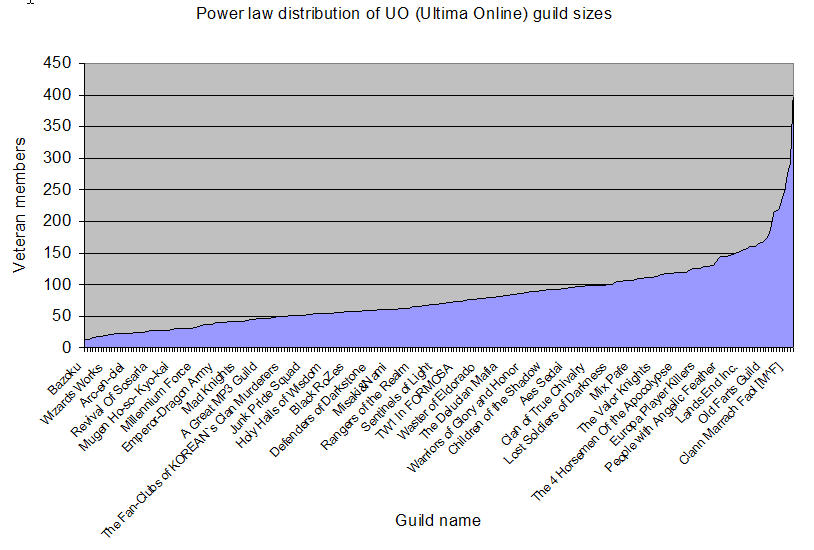A blog on social software, collaboration, trust, security, privacy, and internet tools by Christopher Allen.
Tag: Games

I feel privileged and honored to have been part of the iPhoneDevCamp this last weekend. Over 380 iPhone developers came out to the Adobe Campus in San Francisco to help each other make the best possible web pages and webapps for the iPhone.
I was the keynote speaker on Saturday and Master of Ceremonies for the MacHack-style Hack-a-Thon Demo on Sunday.
At the Hack-a-Thon almost 50 iPhone web applications were demonstrated to an enthusiastic audience.

My colleague, Shannon Appelcline, has been working on a game rating system for RPGnet. This has resulted in real-world application of the principles for designing rating systems which we've previously discussed in our Collective Choice articles. Shannon's newest article, Ratings, Who Do You Trust? offers a look at weighting ratings based on reliability.
On the RPGnet Gaming Index we've put this all together to form a tree of weighted ratings that answer the question, who do you trust?

In my initial blog entry on the Dunbar Number I presented some statistics on group sizes based on the online game Ultimata Online. In it you could clearly see the power-law (pareto) curve, with diminishing returns at around 150, with most groups being 60 in size:
More recently, Nick Yee and other researchers at the PlayOn Blog have been researching the behaviors of players in the popular World of Warcraft online game.
I've been working on an ambitious list of topics that I'd like to cover over the next year. I offer them to you here so you can have some idea the areas that I am thinking about.
Office Architecture for Innovation -- Over the years I've built or converted three offices to my specifications. From this I have learned a number of things about about how to create a productive environment innovation-oriented businesses.

Shannon Appelcline, my colleague at Skotos (an online game company that I founded in 1999), has been writing for several years a sometimes weekly, sometimes bi-weekly column on the topic of game design called Trials, Triumphs & Trivialities (rss feed for all Skotos Articles including TT&T).
His latest column Social Software & Gaming: User Content discusses issues of user content and user facilitation that apply both online game communities and social software:
Shannon Appelcline's "Trials, Triumphs & Trivialities" column in the Skotos Articles section recently featured a trilogy of articles about stretching the bounds of socialization in online games:
Social Gaming Interactions, Part One: A History of Form
The first article outlines the problem by looking out how social interaction has traditionally been handled in online games, and by considering how limiting these interactions typically have been. It also outlines how to expand traditional social interactions by describing three main categories of social interaction: competition, cooperation, and freeform.
I've been interested for several years in the ability of "player-generated content" to create niche or small multiplayer online games, at a company I've invested in called Skotos . At this point its oldest game Castle Marrach is completely run by the players, and 7 more games are being developed by their customers. The company is at break-even, but is not yet a 'commercial success'. There are some learnings from the world of massively multiplayer online games that apply to other kinds of social networks.
 I feel privileged and honored to have been part of the iPhoneDevCamp this last weekend. Over 380 iPhone developers came out to the Adobe Campus in San Francisco to help each other make the best possible web pages and webapps for the iPhone.
I was the keynote speaker on Saturday and Master of Ceremonies for the MacHack-style Hack-a-Thon Demo on Sunday.
At the Hack-a-Thon almost 50 iPhone web applications were demonstrated to an enthusiastic audience.
I feel privileged and honored to have been part of the iPhoneDevCamp this last weekend. Over 380 iPhone developers came out to the Adobe Campus in San Francisco to help each other make the best possible web pages and webapps for the iPhone.
I was the keynote speaker on Saturday and Master of Ceremonies for the MacHack-style Hack-a-Thon Demo on Sunday.
At the Hack-a-Thon almost 50 iPhone web applications were demonstrated to an enthusiastic audience.

